Hannah Frank, Cinema and Media Studies, University of Chicago
“Sufficient Delineation; or, What Mickey Mouse Proves”

In 1931, Walter Benjamin wrote, “Mickey Mouse proves that a creature can still survive even when it has thrown off all resemblance to a human being.” That same year, Walt Disney successfully sued Van Beuren Studios, a rival animation company, for producing several cartoons with Mickey and Minnie lookalikes. In 1940, the Soviet director Sergei Eisenstein admiringly observed that the animation of Mickey Mouse tested “the limits of normal representation.” In 1978, the United States Court of Appeals ruled that Mickey Mouse was “sufficiently delineated,” and hence protected under copyright law.
Through the frame-by-frame examination of numerous Disney cartoons from the 1920s-1940s, as well as the many parodies of Mickey Mouse that appeared in underground comix of the 1960s and 1970s, this paper considers just what makes Mickey Mouse Mickey Mouse. What are the limits of his representation? Can he still survive if he has thrown all resemblance to himself? Or, as E. M. Forster asked in 1934, “But is Mickey a mouse?”
Request a copy of the paper by emailing hutch@uchicago.edu.
Light refreshments will be served.
This event is free and open to the public. Persons with disabilities who may need assistance to attend should contact Bill Hutchison (hutch@uchicago.edu).
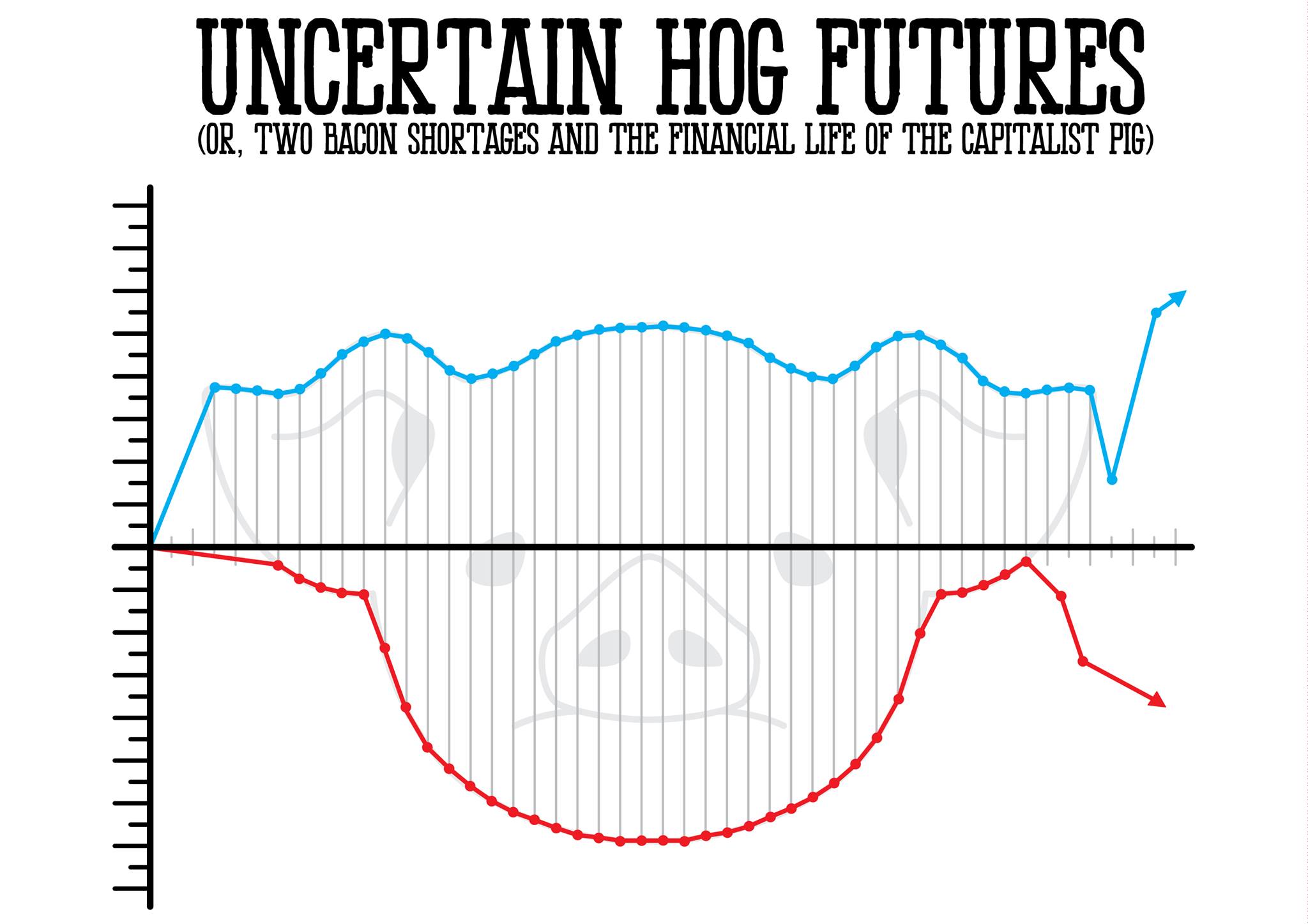
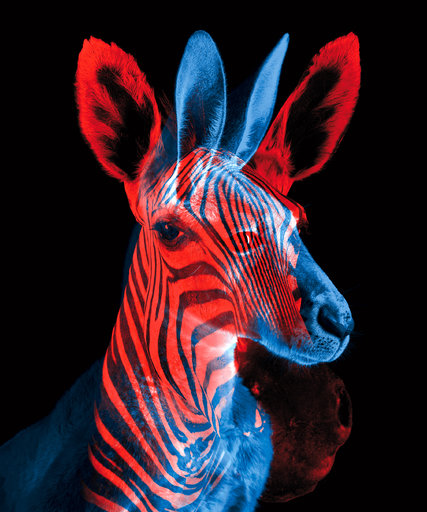
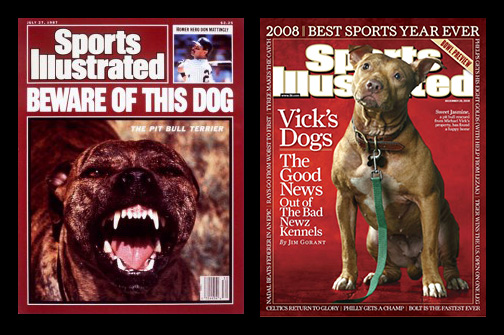
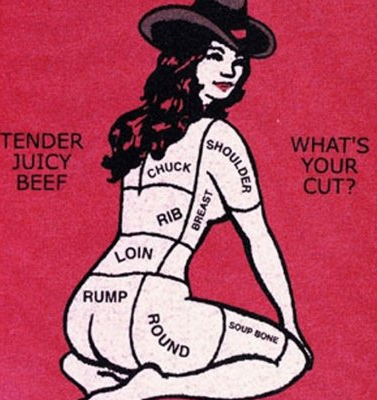


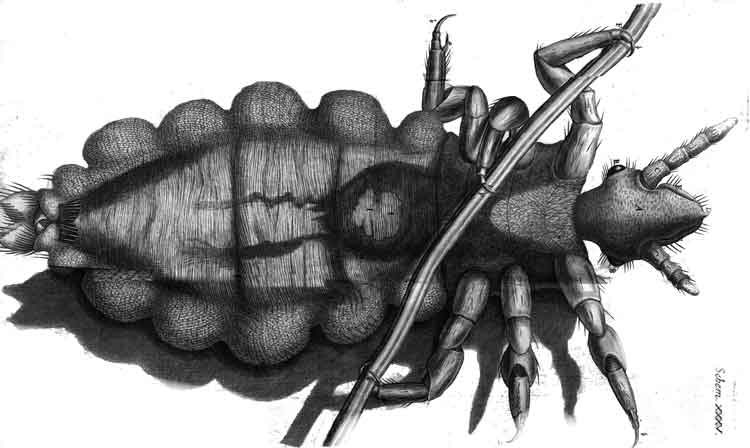
Recent Comments